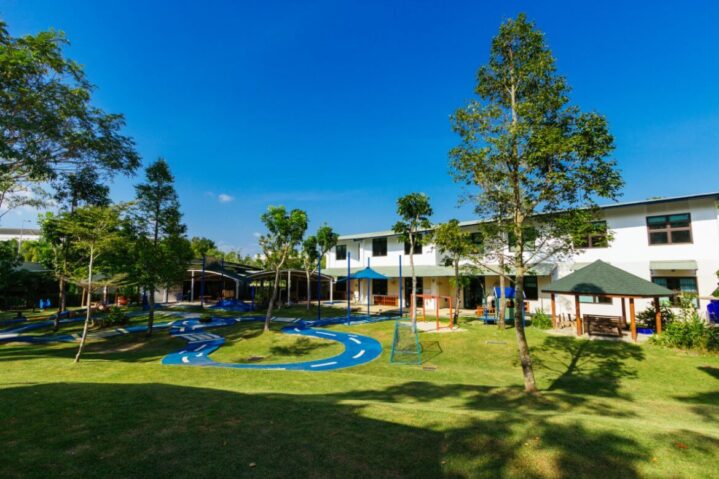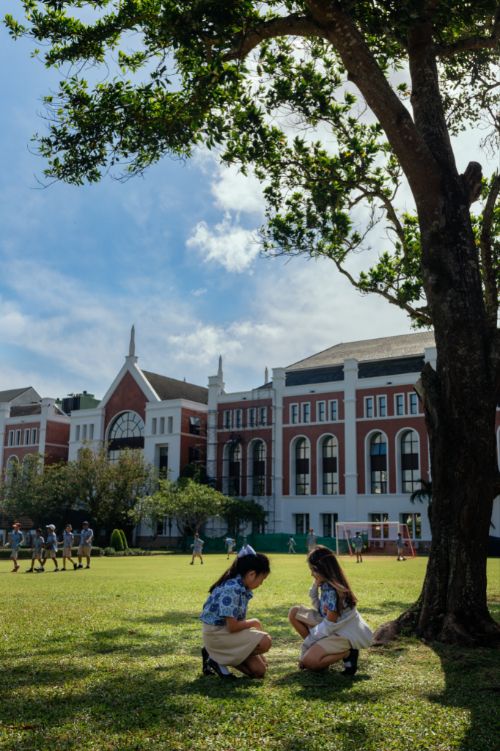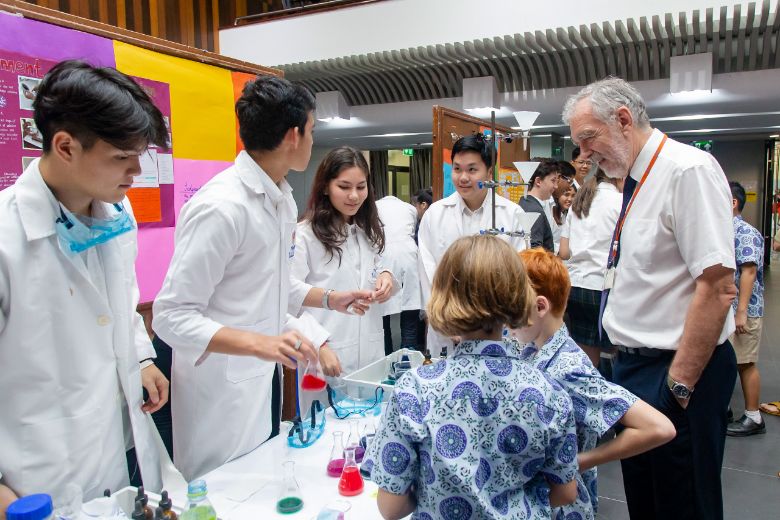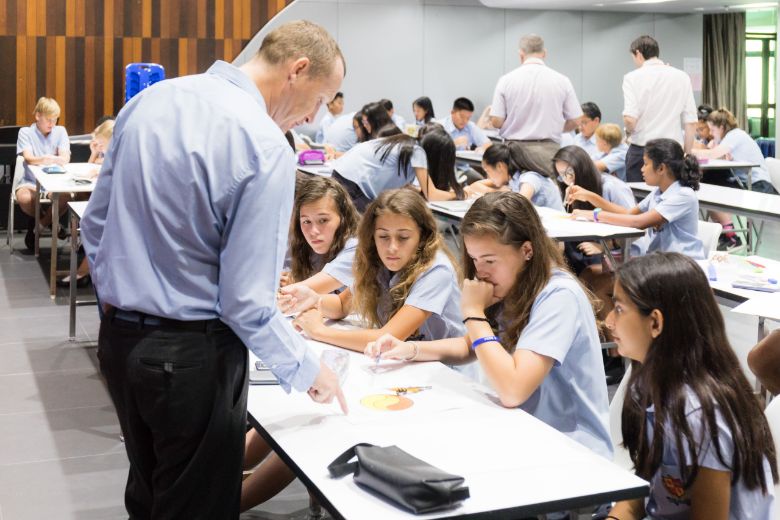
Where have all the teachers gone…?
Well, it would help to start with a definition of teacher. In some parts of the world, it is sufficient to have a degree, while in others an actual teacher’s qualification earned through a specific education degree, diploma or post-graduate programme is necessary. This is an important consideration because the world may be fast running out of appropriately qualified international schoolteachers. So why is there a problem? Well, let’s do the mathematics: it is predicted that the total number of international schools is set to double over the next decade (80% of them in SE Asia).* If this is a close estimate – and is averaged out – then each year for the next ten years the world of international education may require an additional 800 Headteachers, 4,000 senior administrators and 32,000 teachers. They will, of course, need to speak English, but do they really need to be qualified as teachers? The answer, as ever, lies with the consumer, but it is becoming increasingly important that parents are able to base decisions about their children’s education upon honest information from schools.
Rising costs…
International schools will be competing over a seemingly ever-shrinking pool of qualified teachers and will have to offer better and better packages to attract and keep them. These rising costs, or a major portion of them, will be passed on to the consumer – the parents. Since staff costs in an international school typically range from between 60 and 75% of total expenditure, it is all but impossible to absorb rising staff costs by making cuts in other parts of a school’s annual budget. If basic economic principles of supply and demand are applied to the current situation, the cost of education will rise steadily – if not dramatically. Despite the fact that some international schools are finding it increasingly difficult to attract a full quota of qualified teachers to run their programmes, international schools are still proliferating like there is no tomorrow. Unless there is a corresponding increase in the number of qualified teachers willing to join the overseas market, it will certainly all end in tears. We may have reached the tipping point.

Endangered species?
But perhaps there is light at the end of the tunnel – perhaps teachers will leave their national systems to work overseas, making up for the shortfall. Indeed, to an extent this has already happened – Sir Michael Wilshaw (the former Chief Inspector of Schools and head of OFSTED, UK) complained in 2015 that more teachers were leaving the UK national system to work overseas than were being qualified in that year (ironically, perhaps, and despite his former protestations, Sir Michael is now an advisor for the GEMS group, a major player in international education).
But to make matters worse, all the indications are that far fewer young people view teaching as a worthwhile profession, with serious stress and depression being acknowledged as a major problem for serving teachers in UK schools – not a healthy advertisement for a vocation. The situation may be different in other parts of the English-speaking world, but this does not alter the fact that no national system sets out to train teachers to serve overseas. So, perhaps international schools will be able to squeeze by for a year or two, but the relentless need for additional teachers and the application of simple laws of supply and demand will eventually push the cost of an international school education ever higher (without solving the inherent problem). This is the potential reality of the next decade.

Where do all the good teachers go?
The staffing scenario will also require a much more nuanced approach to quality assessment of our international schools. I smile every time I see the claim by a school that its teachers are highly selected and amongst the best in the world. The reality is that each school appoints the best teachers possible, but this depends upon each teacher’s consideration of such things as the contractual package being offered, the local environment of the school, the school’s perceived status in terms of career development, and the state of the recruitment market. The pool of teachers is the same for all international schools wherever they are in the world. All schools fight over the best, and obviously cannot win every time (although those able to offer high salaries may do well most often).
The quality of a school rests upon a foundation of strong positive relationships, and this can best be developed in a stable environment. Education is not just about passing an examination it is about nurturing human beings and preparing them for a life worth living. Relationships that are built over years are essential for this to be most effective.
So what should parents look for?
Above all, stability – the stability of the administration and the staff as a whole will speak volumes about a school. There are generally good reasons why a school has to recruit an excessive number of teachers each year. Annual staff turnover is an important statistic, rarely made available to parents. Schools should be retaining the service of good teachers for as long as possible. Certainly some teachers like to experience life in a broad variety of different countries and different schools, but settled school communities are advantageous for many reasons. Schools should aim for a stable core of experienced teachers (and not just administrators), to ensure that young teachers as well as the students are able to learn from their peers and grow as professionals.
It should go without saying that all teachers should be fully qualified to teach the age group and subjects for which they have been hired. This does not always happen, often for the best of reasons, but the general situation is likely to get much worse in the years ahead. Business interests are now driving the development of international education, but the construction of magnificent palaces of education – as indeed many of them now are – should not detract from the central premise that it is good, stable teacher relationships that will matter most for the positive development of the children in our care. Unlike bricks, mortar and investment opportunities the supply of teachers is not unlimited.
(For the record: the average ‘full-time staff’ turnover at BISP for the past three years has been less than 12%; the current average length of BISP service is 7.16 years, and the average years of experience of the teaching staff is 17.05. All 120 teachers are fully qualified.) *ISC Research Education




